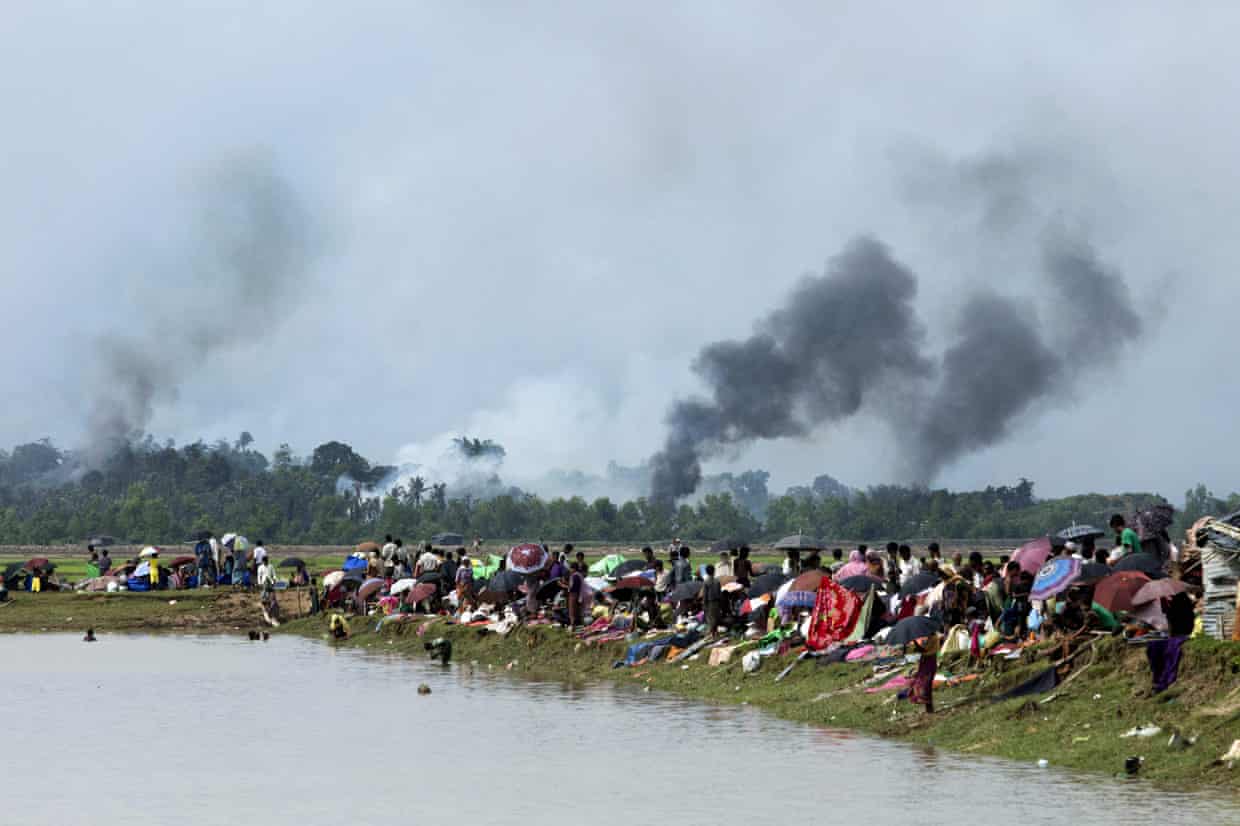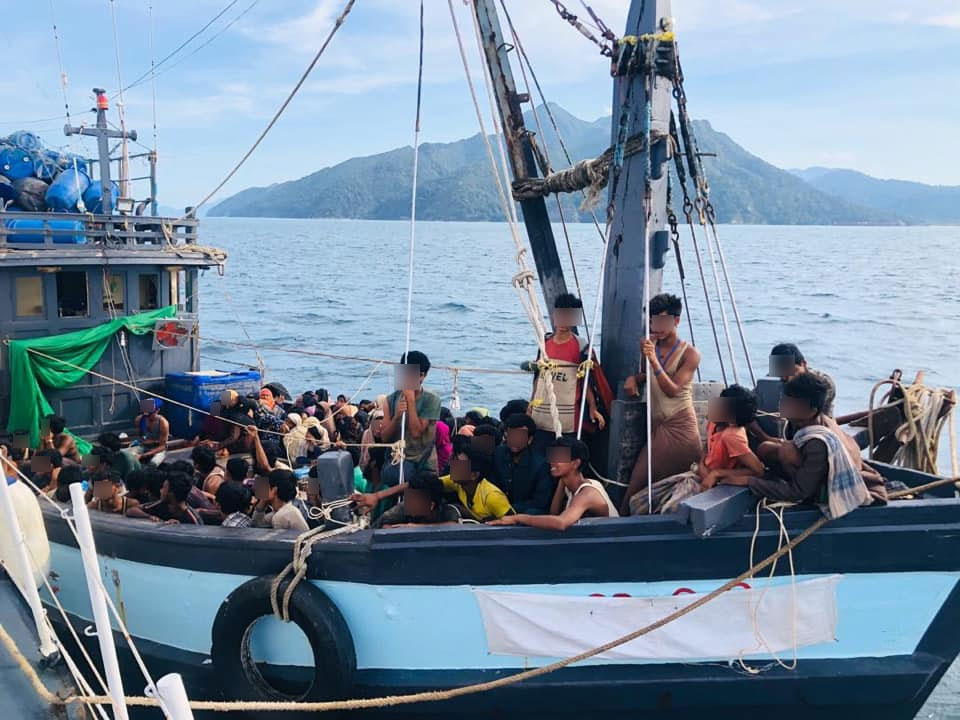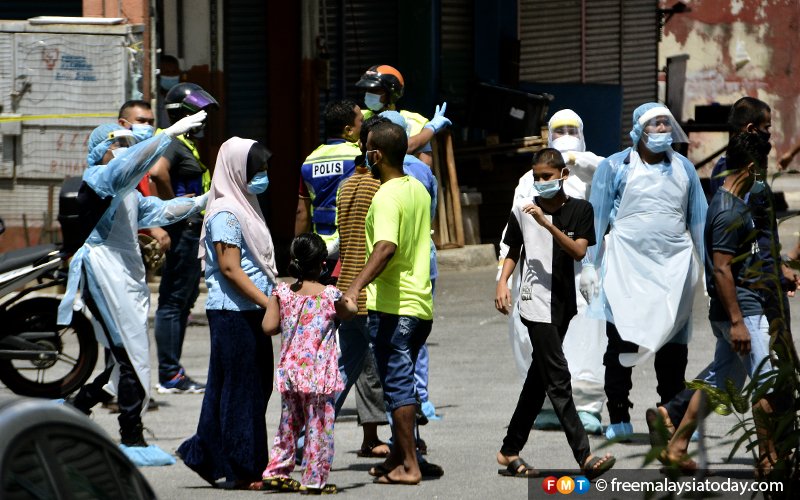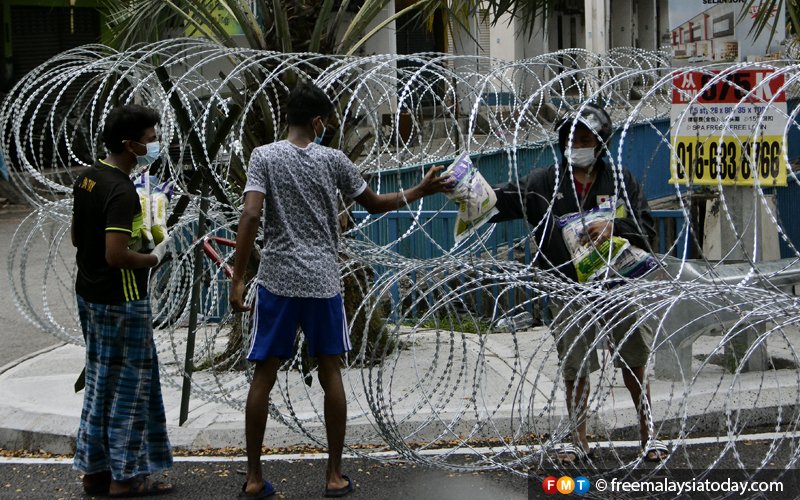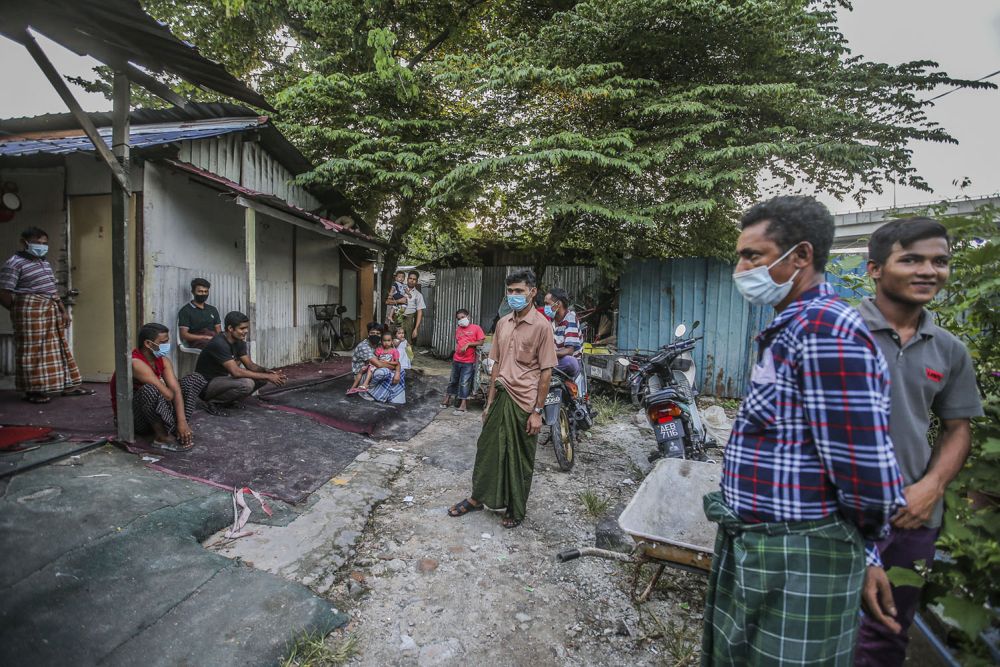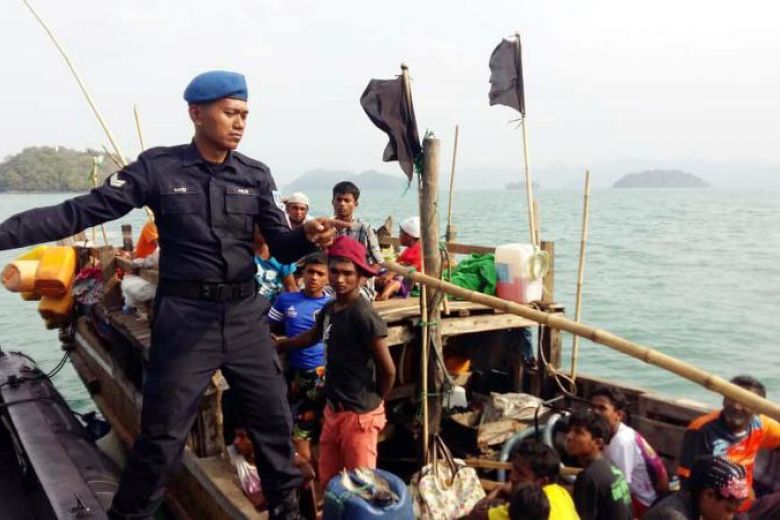There's Been A Rise In Hate Towards The Rohingya In Malaysia. Here's Why There Shouldn't
NGOs have remarked that the refugee and Rohingya issue in Malaysia has been poorly understood by the public.
For many years now, the Rohingya have been escaping genocide from their home country of Myanmar to neighbouring countries
Described as the world's most discriminated people, the Rohingya are an ethnic minority of Myanmar. According to BBC, there were about 1.1 million of them in the country in 2017.
Unlike the predominantly Buddhist community of Myanmar, the Rohingya are Muslims and speak a language similar to the Bengali dialect of Chittagong in neighbouring country, Bangladesh.
The Guardian reported that the Burmese government has always refused to recognise the Rohingya - seeing them as illegal immigrants and have even denied them citizenship despite being in the country for generations.
In August 2017, Rohingya insurgents attacked and killed over 70 border police in Rakhine. The attack led to, as described by a UN official, a "clearly disproportionate" response and a textbook example of "ethnic cleansing" by the Myanmar army who took the opportunity to crackdown on the Rohingya minority. They massacred thousands and burnt villages to the ground.
The crisis forced hundreds of thousands of Rohingya civilians to flee across the border into Bangladesh by foot, and many more made perilous journeys on boats by sea to escape to neighbouring countries such as Malaysia, Thailand, and Indonesia.
With that said, here is a breakdown of what has happened to the Rohingya community more recently in Malaysia:
1. Unverified videos and posts have surfaced on social media, leading to a sudden increase in hatred toward the asylum-seekers
According to the UN Refugee Agency (UNHCR), there are about 178,990 refugees seeking asylum in Malaysia today. About 100,000 of the total are Rohingya.
Free Malaysia Today reported that they have been seeking temporary refuge in the country, and have only sought for the protection of their human rights under international agreements which have always been respected in Malaysia, despite not being a signatory to the 1951 Refugee Convention by the UN.
However, the sudden increase in hatred toward the asylum-seekers was most likely triggered by:
- The recent arrival and subsequent pushing back of a Rohingya boat,
- The timely fake news of Zafar Ahmed Abdul Ghani, president of the Myanmar Ethnic Rohingya Human Rights Organisation in Malaysia (MERHROM), purportedly demanding citizenship and equal rights for Rohingyas in Malaysia, and
- Rumours that Rohingya refugees dominating the Selayang market areas have been breaching the COVID-19 lockdown rules which led to the Enhanced Movement Control Order (MCO) in the area.
A boat carrying suspected Rohingya migrants was detained in Malaysian waters off Langkawi on 5 April.
Image via AP/South China Morning PostSpurring the hate has been an online petition, started anonymously on 24 April and ambiguously titled 'Say No to Rohingya', which has gained over 40,000 signatures at the time of writing.
The petition calls for the government to stop allowing the Rohingya to seek refuge in Malaysia as they are "stealing job opportunities, demanding for citizen rights, and are a burden to the country".
Members of the Rohingya community seen at the Selayang wholesale market area which was placed under lockdown on 20 April.
Image via Free Malaysia Today2. However, NGOs have remarked that the refugee and Rohingya issue in Malaysia has been poorly understood by the public
A consortium of medical non-governmental organisations comprising of MERCY Malaysia, the Malaysian Relief Agency (MRA), and the Islamic Medical Association of Malaysia's Reponse and Relief Team (IMARET) have since said that these issues do not go away simply with a petition to "say no" to them.
In a joint statement, they also chided the petition for not proposing alternative solutions to the Rohingya issue in the country.
"Rather than idealistically trying to wish them and their problems away with a magic wand, our consortium chooses to tackle the problem head-on, solving one problem at a time, focusing on their potential threat of being a COVID-19 hotbed," said the medical NGOs.
They reminded Malaysians that the Rohingya did not choose to leave, but had risked their lives to escape their own countries.
"They are not here because they want to, but because they are unable to go home, hence the oft-used term used to describe the Rohingyas - stateless people."
Also contrary to popular belief, the consortium said these refugee communities have been taking care of their own communities, aided by NGOs, so as not to burden the government and local community.
"Much of their sustenance is provided on humanitarian basis, supported by foreign funding and UNHCR, not the Malaysian government as most people assume."
The NGOs are, instead, calling the government to prepare laws to allow refugees to contribute to society while they are here.
The medical NGOs said that during this COVID-19 pandemic, many refugee groups have assisted frontline workers by producing PPEs, conveying information, and helping to conduct screening in their communities.
However, as Malaysia is not part of UN's Refugee Convention, there is no legal framework to regulate the status and rights of these refugees, which simply means that they do not have legal access to employment, education, healthcare, or protection.
With no laws to recognise or acknowledge their presence in the country, there is no way to identify, map, and coordinate the movement of the Rohingya in the country. This will lead back to misconceptions about them as they will always be working illegally, not being able to afford or practise healthcare, and remain uneducated.
"Their communities are largely unvaccinated, and live in large numbers in cramped surroundings due to financial challenges," the consortium said.
"These are people with no access to the basic healthcare that Malaysians take for granted."
3. The Rohingya are, in actual fact, very grateful to Malaysians for supporting and protecting their safety
The Burmese Rohingya Organisation United Kingdom (BROUK) released a statement that expressed their gratitude to the authorities and to all Malaysians for hosting tens of thousands of Rohingya refugees for decades, according to Malay Mail.
They also thanked the government for their strong political support for the Rohingya in the face of the ongoing genocide in Myanmar.
"While most regional Southeast Asian governments have remained silent, Malaysia has shown courage and leadership by condemning the ongoing genocide," the group said.
"Generations of Rohingya have found safety in Malaysia, and we deeply appreciate the strong bonds between Rohingya and the Malaysian people, families, and communities that have been built up for decades."
BROUK also called upon all Rohingyas in Malaysia to abide the laws, especially the MCO restrictions during the pandemic, and reiterated that they are not seeking citizenship in Malaysia, but only protection in the country until it is safe to go back to Myanmar.
4. Police are still investigating the authenticity of the various videos and posts that had sparked the backlash in the first place
According to Malaysiakini, Defence Minister Ismail Sabri Yaakob has urged the public to keep calm as police investigations are ongoing to address these issues.
"Malaysia is a peaceful country and we are known to be considerate towards all who are here," he said in the daily national security press conference yesterday, 27 April.
Ismail noted that Malaysians have welcomed Rohingya refugees for many years with no similar concerns raised, out of sympathy for the sufferings they faced back in Myanmar.
"But lately during this movement control order (MCO) period, this issue suddenly blew up. This is puzzling for the authorities."
He asked the public to give an opportunity to the police to investigate the matter instead of escalating the heated debate and threats made online.
In the latest update by Sinar Harian today, 28 April, he revealed that 19 police reports were lodged against the Rohingya community, of which four will be opened to investigation.
